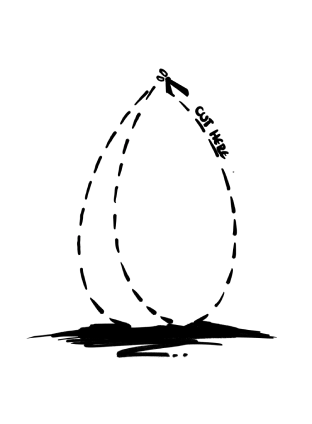Both sides of the globe have starkly divergent views on alleged drug use on a Japanese university campus.
In a recent series of events that unfolded at Nihon University, Tokyo, a stark contrast between Japanese societal values and perceptions and those of the West has been straightforwardly brought to light.
A revelation stemming from an anonymous tip, possibly originating from a fellow student within the same university, unveiled a disconcerting reality: a number of players on the American football team at Nihon University not only engaged in cannabis use but also delved into the consumption of more potent substances.
Shockingly, this revelation was initially disclosed to the university itself. However, what transpired next was a week-long period of secrecy before the university decided to relay this information to the law enforcement authorities.
The fervent reactions of the Japanese public to the university’s delayed investigation into cannabis use were swift. In the online sphere, a surge of comments from people blamed the institution for not doing a proper job.
The delayed response by the university in addressing these allegations is what ignited a wave of public outcry. Authorities were accused of complacency, and the Ministry of Education, Culture, Sports, Science, and Technology intervened, urging the establishment of an independent committee to investigate the incident.
The Japanese public’s reaction underscores the nation’s strict adherence to traditional values and its insistence on upholding moral standards, particularly when it concerns youths.
“It all seemed like a joke when it came to the use of drugs”
ç
This almost one-sided reaction from the Japanese stands in stark contrast to the nonchalant attitudes expressed by Western observers towards the same issue.
In fact, the narrative takes an intriguing turn when examining comments from Western sources. In English online publications, where you usually find mature and insightful comments on other types of news, it all seemed like a joke when it came to the use of drugs.
One commenter succinctly expressed the sentiments prevalent in certain Western societies, stating that “weed is now unstoppable in Japan.”
“The young will do what they will. The old ‘guardians of morality’ cannot use their laws to dictate human curiosity and defy the pleasure principle that comes naturally to the young,” the commenter said.
Another one said, “Germany just recently made weed legal your turn Japan.”
A third had this to say, “Only in Japan could anyone conceivably care about a student having a few joints. It would be more worrisome if students weren’t.”
This dissonance highlights the deep-rooted divergence in cultural norms and attitudes surrounding cannabis, with both sides of the globe showcasing a stark disparity in their views on morality when it comes to the youth.
The divergence between East and West on the matter of cannabis points to a broader divide in societal attitudes towards decency and what constitutes the highest values.
Some would argue that what’s at stake here is also individual freedom, and youth autonomy but this perspective might resonate primarily with individuals who have been persistently exposed to narratives accentuating the favorable aspects of drugs, specifically referring to cannabis.
Such a viewpoint contends that embracing these substances could potentially lead to an enhanced sense of personal freedom and autonomy over choices, yielding positive outcomes.
“Clashes in values between different societies are bound to emerge”
However, let’s contemplate an analogous scenario: envision consuming radioactive fish under the pretext of the prevailing but irrational apprehensions — if we look at what the science says — surrounding Fukushima’s wastewater.
If, hypothetically, this act were proven to induce sensations of euphoria, excitement, or even relaxation, would such a practice warrant promotion? Of course not we would argue. Should we not similarly ponder the implications of cannabis abuse, when scientific evidence indicates that it unequivocally jeopardizes health and well-being?
In such a case, the logical course of action becomes apparent — to unequivocally prohibit the use of this substance.
Still, while Japan’s response underscores a commitment to collective responsibility backed by science, the Western perspective — which ironically is where modern science sprang to life — is often characterized by a more liberal outlook that places a higher value on individual rights and personal choices, forget science recommendations or collective responsibility.
The West’s embrace of cannabis, with comments celebrating its inevitability and challenging the authority as moral custodians, further showcases the cultural shift towards a morally permissive attitude.
In a rapidly globalizing world, clashes in values between different societies are bound to emerge.
The Nihon University incident serves as a microcosm of the broader discord between East and West on matters of morality, youth autonomy, and drug use. As the cannabis debate rages on, the stark contrast between Japanese society’s stringent adherence to traditional norms and Western societies’ evolving acceptance of personal liberties continues to underscore the complex interplay between these two cultures.
Source: ucanews.com
Image: unsplash.com

